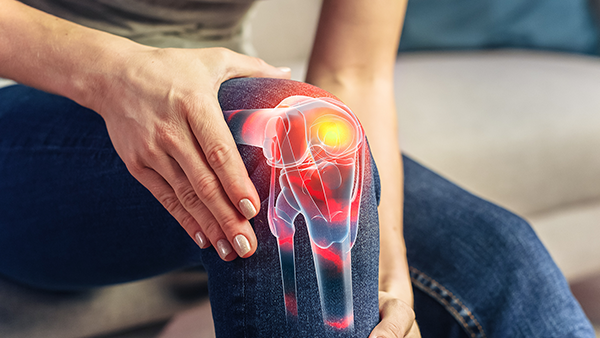
Taking Care of Your Joints Is Particularly Important If You Have a Bleeding Disorder
People with bleeding disorders face many health challenges specific to their condition. There are many things you can do help prevent problems caused by a bleeding disorder. In addition, there are specific ways to care for your joints that are particularly important if you have a bleeding disorder.
What is a joint? The connection between two bones, including the cartilage and lubricating synovial fluid, helps cushion the joint and keep it moving smoothly and from being damaged by rubbing together.
Things you can do to help your joints healthy:
- Managing your weight is important, especially if you have a bleeding disorder. If you are overweight, this puts more pressure on your joints and can cause joint inflammation, resulting in increased pain. One way you can see if you are overweight is by calculating your BMI (Body Mass Index).
- Exercise, especially no/low impact exercise, is excellent to help maintain joint health. In addition to helping to keep your weight down, gentle exercise reduces joint pain. So get up and get moving, take computer breaks, go for a walk, go bicycling (with a helmet), or take a swim in the pool. Here are some excellent tips on how to exercise in the Hemophilia, von Willebrand Disease, & Platelet Disorder Handbook.
- If you have joint swelling or pain, remember RICE therapy - Rest, Ice, Compression, and Elevation.
- Staying Hyrdrated! Most people know how important it is to drink water to prevent dehydration, but did you know it is important for joint health? Check out this information about the many benefits of drinking water from the Centers for Disease Control and Prevention (CDC).
